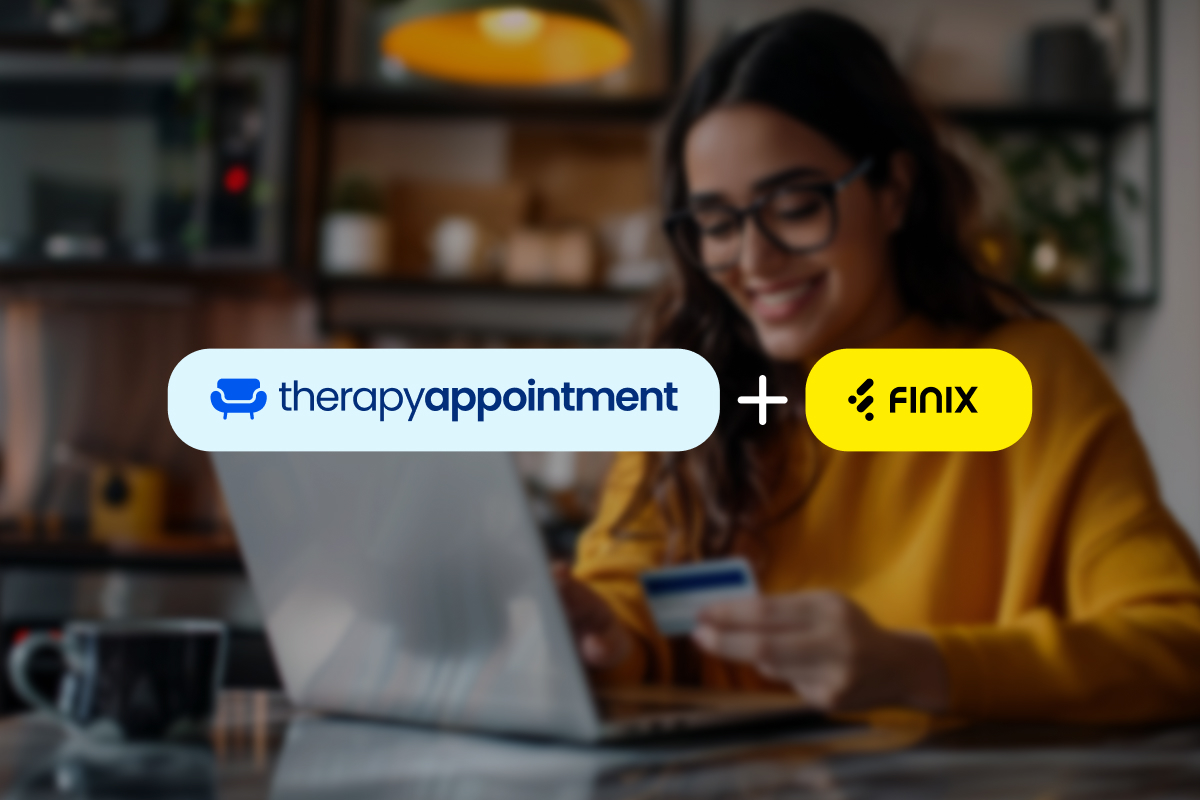The EIN vs the SSN


Starting your private practice, your To-Do List can be daunting. Knocking that list out as quickly as possible is instinctual. Therefore, we all naturally sort our To-Do lists into “Must Do’s” and “Should Do’s.” After all, there are only so many hours in a day!
Sometimes, though, important to-do’s are relegated to our Should-Do’s Lists. As in: “I should do this when I have more time.” From there, they quietly, effortlessly, fall into the oblivion of the Never-Going-to-Happen List or Ain’t-Nobody-Got-Time List.
For many solo practitioners, obtaining an employer identification number, or EIN, is one of these “Should Do’s”. We get it: you don’t have any employees right now; why spin wheels to cut through red tape for something you may not even need? Your internal time keeper’s warning bells may even be ringing just remembering your last trip to the DMV. Or, you’re considering how much you really don’t need the attention of the IRS right now — you’ve got enough to deal with as it is.
These perceptions, however, are false. Further, sometimes, as we’ll demonstrate in a few moments, nagging little “Should Do’s” unexpectedly snowball into something-quite-importants. Skipping an EIN registration can be one of these snowballs.
Using your SSN for your practice puts you at risk of identity theft and hinders your ability to grow your business.
Yet, you’d be surprised (and, hopefully, empowered) to learn how shockingly simple it is to obtain an EIN. Since just this small measure can help protect yourself and your practice, we’re going to take a few minutes today to help you decide if an EIN is right for you. We can’t tell you what’s right for your specific practice, but hopefully these tips can help you make a decision.
What you need to know
To set up a private practice with insurance companies, vendors, and billing systems, you’re required to use a form of Federal Identification. There are two ways you can accomplish this task:
- Using your Social Security Number
- Using an Employee Identification Number
First let’s address the elephant in the room: looking at this list, you’re likely tempted to shelf this topic in the “Ain’t Nobody Got Time List.” Bear with us! As easy as it could seem to use your SSN, protecting that number should be a priority.
Your Social Security Number (SSN). You probably already have one of these. Adding to the convenience factor, you likely have this number memorized, making it incredibly handy to use to get started. The downside? You could very well be sending your SSN out into the world, printed on unsecured documents that pass from hand to hand with your very private information in full view.
An Employer Identification Number (EIN). An EIN, on the other hand, is something you may not have even heard of until recently. According to the IRS, “An employer identification number (EIN) is a nine-digit number assigned by the IRS. It’s used to identify the tax accounts of employers and certain others who have no employees.” If you don’t have employees, you aren’t required to get one. However, there are still reasons to do so, whether you plan to grow or not. Lets jump into those reasons in more detail below.
Why get an EIN?
We’ve covered a few reasons why you might consider using an EIN over your own personal SSN, but let’s break this topic down a little further.
Reasons to use an EIN for your therapy practice:s
- Prevent Identity Theft
- Credibility
- Establish business credit
- The 401(k)
- Required if you hire others (payroll systems, etc)
1. Preventing Identity Theft
We know we’ve covered identify theft, but this is such an important point that it bears repeating: using an SSN in place of an EIN can leave you exposed to identity theft. This happens because there are a variety of public-facing documents that require your Federal ID. In EMR’s like TherapyAppointment, for example, your EIN or SSN prints on insurance claims and SuperBills. This means that your actual Social is being sent out into the world, printed on documents that you no longer have control over. As a best practice for protecting your identity, this is a no-no, but only you can decide if you are comfortable with this knowledge.
2. Credibility
We know “hanging your shingle” is intimidating and, at times, probably doesn’t feel real. Imposter syndrome nipping at your heels you think, “I’m just a small practice now. I’m just getting started. Maybe when I grow a little more I’ll think about things like EINs… ” We understand. Know that this doubt is part of the process.
Simultaneously, accept that you’ve started private practice (regardless of the size!) providing clients with meaningful, life-changing help. Your EIN demonstrates to people and businesses you work with that you’re serious about your practice. And, leveraging the power of ritual — getting an EIN is a powerful (and quick! It takes about 10 minutes) process that reinforces within your own mind your commitment to building a practice.
3. Establish business credit
An EIN means your business is officially recognized as an entity. Therefore, you can start building credit for it. If starting a business and building its credit feels foreign and confusing, don’t worry. At its core, it’s strikingly similar to a model you already know — your own personal (consumer) credit report.
In the same way you established your personal credit to apply for credit cards, mortgages, or even personal loans, your new practice needs to establish credit. This can be really important later on down the road when you want to do anything in your practice’s name: take out a loan, open a bank account
4. The 401(k)
Just because you’re opting out of working for a big agency or a group practice doesn’t mean you don’t have to skip the 401(k). But, to set up a 401(k) for your solo practice, you need an EIN. There are a few ways you might set up your 401(k), and we highly recommend checking out these resources to help you get started:
- IRS: One Participant 401(k) plans
- Fidelity: (A leading provider of investment plans) A practical guide outlining the advantages and disadvantages
5. Hiring
Now the big one. It’s hard to imagine now — maybe your practice is just getting started, you like the pace, and you’re excited about going it alone — but you may want to hire down the road. And when you do, you will absolutely need an EIN. It’s a requirement by the IRS for taxation purposes, plus you’ll need it for any payroll systems you set up. And, as we’ve mentioned, it only takes 10 minutes to get an EIN, so if you are planning to hire or can see it as a possibility, the EIN is something you’ll need.
How to get an EIN
Ok, we know that was a lot of information. But now for the good news: reading this, getting educated on the topic, and making your decision to get an EIN likely took longer than the actual application. Getting your brand spanking new EIN takes less than 10 minutes. Here’s how:
- First, it’s simple and free and you can do it from home.
- Grab your laptop and visit the IRS’s online EIN Assistant page.
- Follow the EIN Assistant’s instructions and submit the information requested
- After your application is submitted, you’ll get your EIN# immediately!
After you get the EIN
If you launched your practice under your SSN, you’ll need to let any vendors you work with, like TherapyAppointment or insurance companies, know about your new EIN. Don’t forget this important last step!


.jpg)
